|
Each week this summer, we'll be highlighting exciting MAP events from the last academic year. This week, University of Pennsylvania Representative Nabeel Hamid tells us about their successful March workshop. Look out for a reprise next February! MAP-Penn hosted a one-day workshop on “Non-western Philosophical Traditions” on March 26. The event featured five talks over the course of an afternoon, and was a rousing success.
Topics included Aztec natural philosophy (James Maffie - Maryland), Buddhist conceptions of causation (Ricki Bliss - Lehigh), Indian theories of meaning (Deven Patel - Penn), the city of Istanbul as an "epistemic clearing house" in the early modern period (Harun Kücük - Penn), and the use of thought experiments in classical Chinese ethics (Bryan van Norden - Vassar). As it drew on resources at Penn beyond the philosophy department, the workshop attracted students from a variety of disciplines, and the confluence of perspectives resulted in some excellent discussion. Encouraged by the enthusiasm of students and faculty at Penn, we are hosting a longer, second edition of the conference on non-western philosophy next Spring, February 26-27, 2016. Mark your calendars!
0 Comments
Each week this summer, we'll be highlighting exciting MAP events from the last academic year. Starting us off: a write-up of the first Southern California regional meet-up by Simona Mila Capisani (UCI), with pictures courtesy of Michael Nekrasov. Enjoy! Philosophy & Inclusive Pedagogy The inaugural SoCal Regional Meeting was a culminating event marking the first collaborative efforts between MAP chapters in Southern California. The event was hosted by the MAP chapter of University California Irvine's Department of Philosophy at a conference venue on UCI's campus. MAP chapter members in attendance were from the following universities: UCI, UC Santa Barbara, UC Riverside, UC Los Angeles, and University of Southern California (USC). There were 40 chapter members in attendance. Chapter members from the aforementioned universities constructed a research and reading list focused on issues of or relating to inclusive pedagogy and underrepresentation in philosophy. The readings are loosely organized around both theoretical and practical arguments and social scientific research on various issues relating to diversity, best classroom and teaching practices, and teaching philosophy. Theoretical readings on the list offer evaluations of the various mechanisms that contribute to challenges for individuals who belong to underrepresented groups in philosophy at the undergraduate, graduate, and professional level. Some of these readings addressed theoretical and philosophical issues relating to notions such as identity, group membership, structural injustice, while others discussed possible practices that accommodate and beneficially draw on diversity in the classroom. Over the course of the school year individual MAP chapters met periodically and independently with their own members to select and discuss readings from this collectively generated research and reading list. Chapters integrated these readings into their own respective activities and projects throughout the year and some chose to focus closely on particular issues with the intention of “teaching” the topic to the other SoCal MAP chapters at the regional meeting. An organizational committee was formed by representatives from each of the SoCal MAP chapters. The committee was responsible for organizing and facilitating the regional meeting and serving as the source of communication between chapters. On event day the committee members kickstarted the event by presenting four representative readings from the collective research. These readings set several general themes for a “large-group” discussion session which was the first activity on the event day. The organizational committee members briefly summarized central points in the selected readings and then posed several discussion questions to the larger group of members in attendance who broke off into smaller groups to discuss issues raised in the readings and presentations. These issues ranged from in-class experiences of minorities, to the conditions of under-represented minorities on the academic job market, to inclusive pedagogical techniques, to more specific challenges related to teaching philosophy (for example: how to motivate certain philosophical concepts/texts, the perceived “purpose” of teaching philosophy, the relationship between teaching philosophy and developing critical reasoning, etc.). The large-group discussion section was followed by a catered lunch during which members had the opportunity to meet, share, network, and socialize with chapter members from the various universities in attendance. Following lunch the second portion of the even was structured by two workshop sessions, each of which included three different focused issues. In total there were six different workshop sessions that were facilitated by various MAP members from the chapters in attendance. These workshop leaders introduced these specific topics to smaller groups populated by those interested or curious about the particular topic or issue raised by the workshop. Participants had the option to move between workshops within a session or to attend one workshop in full. Workshop facilitators posed several discussion questions and provided a background context for the particular issue under examination and helped to guide discussion and deliberation. The following is the list of workshops included in the regional meeting:
To conclude the event, the group reconvened for a final “large-group” discussion session facilitated by the organizational committee. Members had the opportunity to share particular chapter goals and upcoming ideas, activities, or events for the following school year. The various SoCal Map chapters also discussed ideas for further collaborative projects and established several short term and long term goals for future regionally organized projects. There was also the opportunity for feedback about the regional event itself, and the organizational committee recorded input from participants about successful elements, points of critique, and ideas for future improvement. The event was noteworthy in its capacity to connect various chapter members to individuals from other universities who share a common commitment to address issues regarding minority participation in academic philosophy. The regional event is a valuable opportunity to find support and further resources in an extended community and it establishes conditions for fruitful and creative collaboration.
A great start for the UK region -- see the report below or on the MAP UK site! |
NEWSUpdates on MAP and MAP-related happenings.
Please contact us here for suggestions, comments, or job postings. Archives
December 2023
Categories |
|
MAP is generously supported by the Marc Sanders Foundation and the Philosophy of Science Association.
|

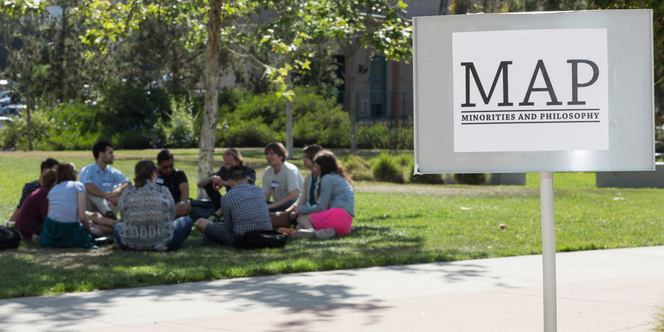
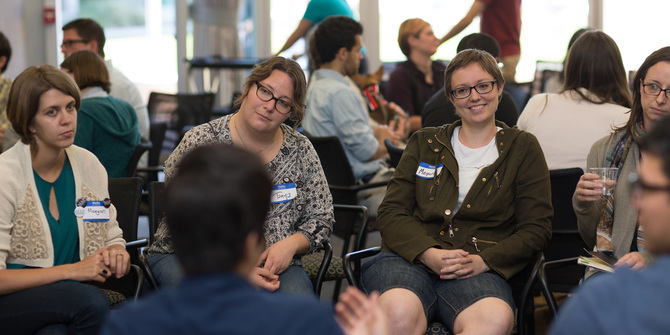
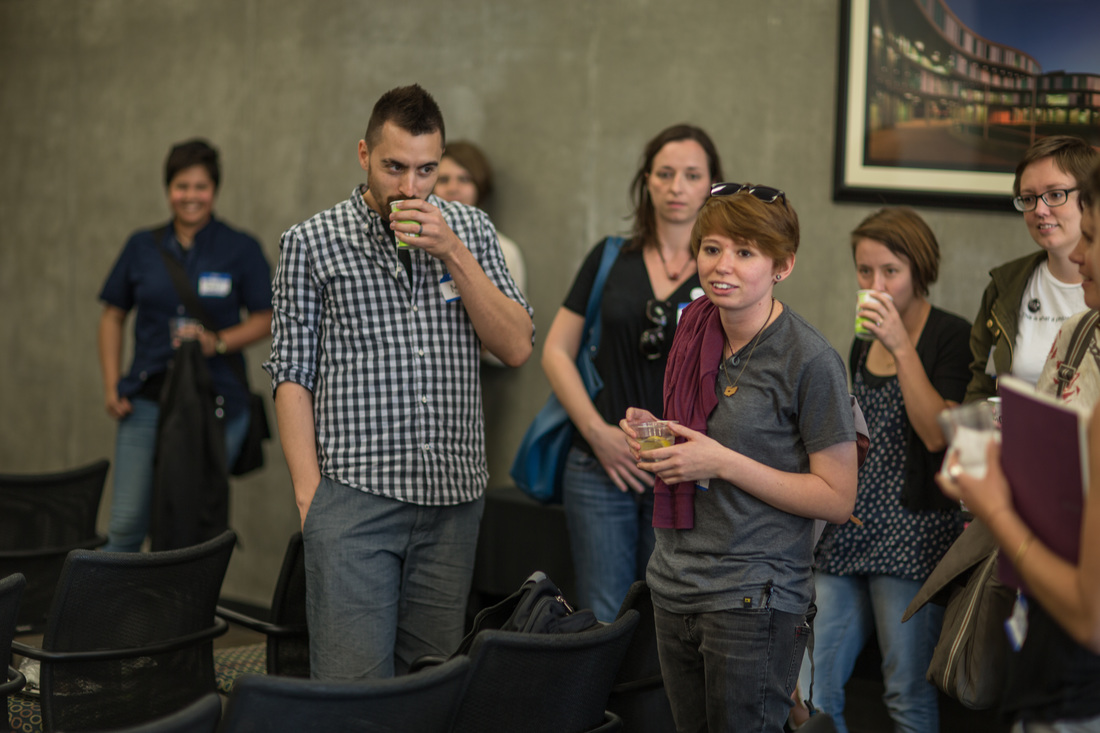
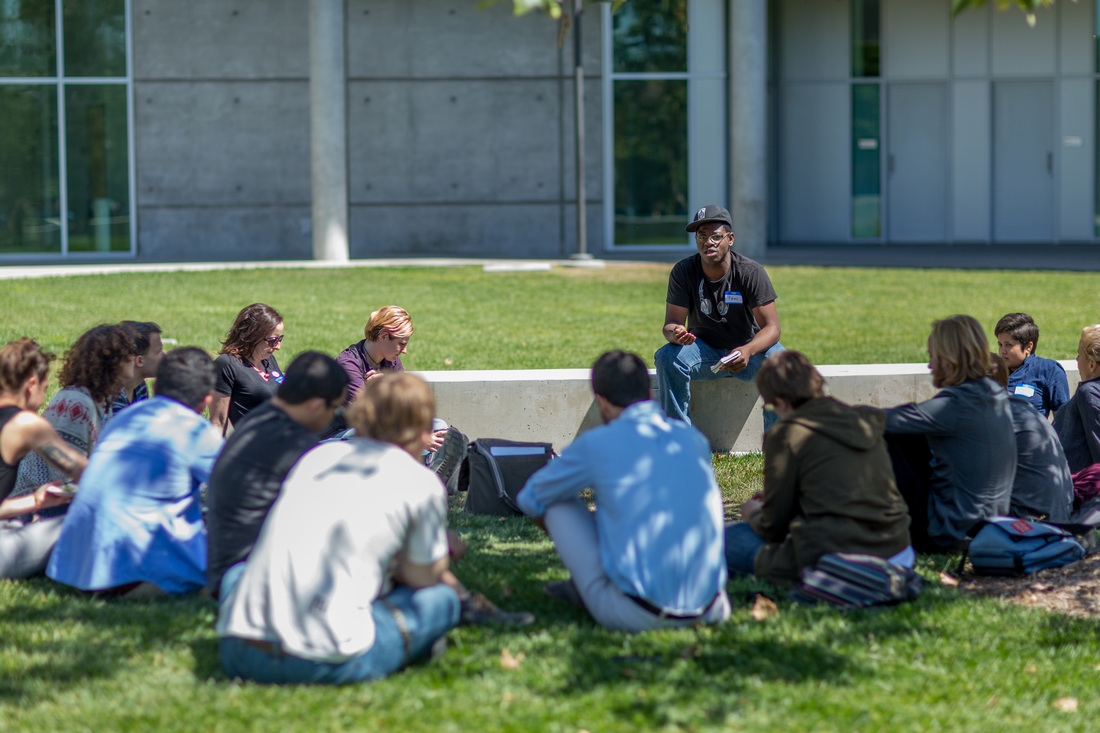
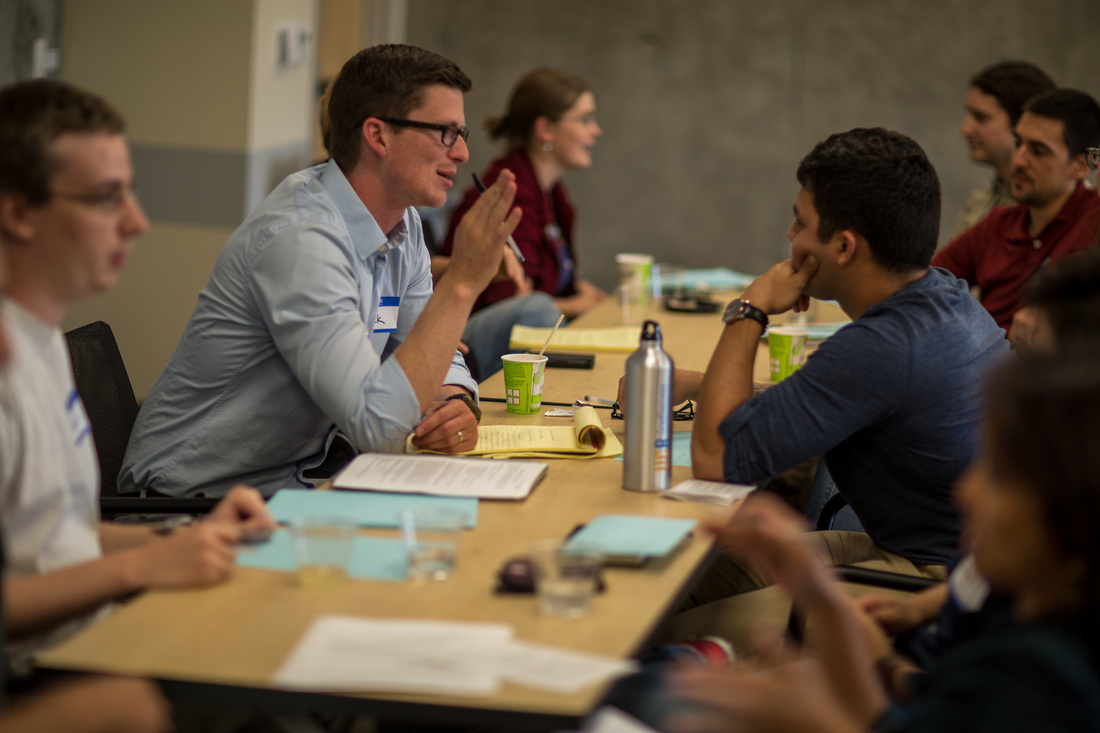

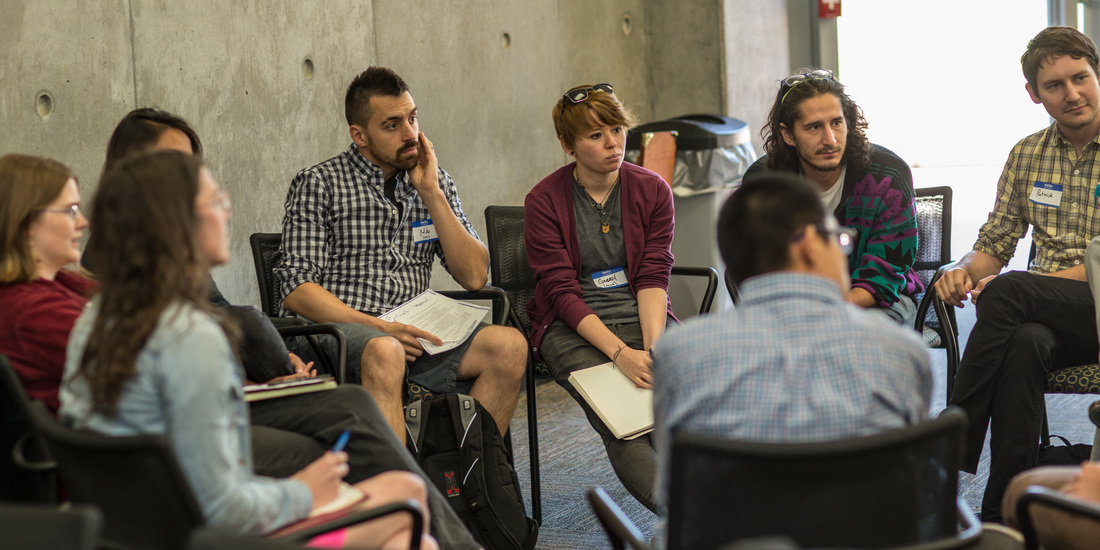
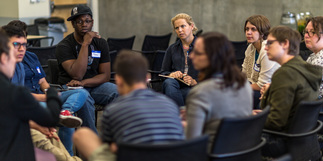
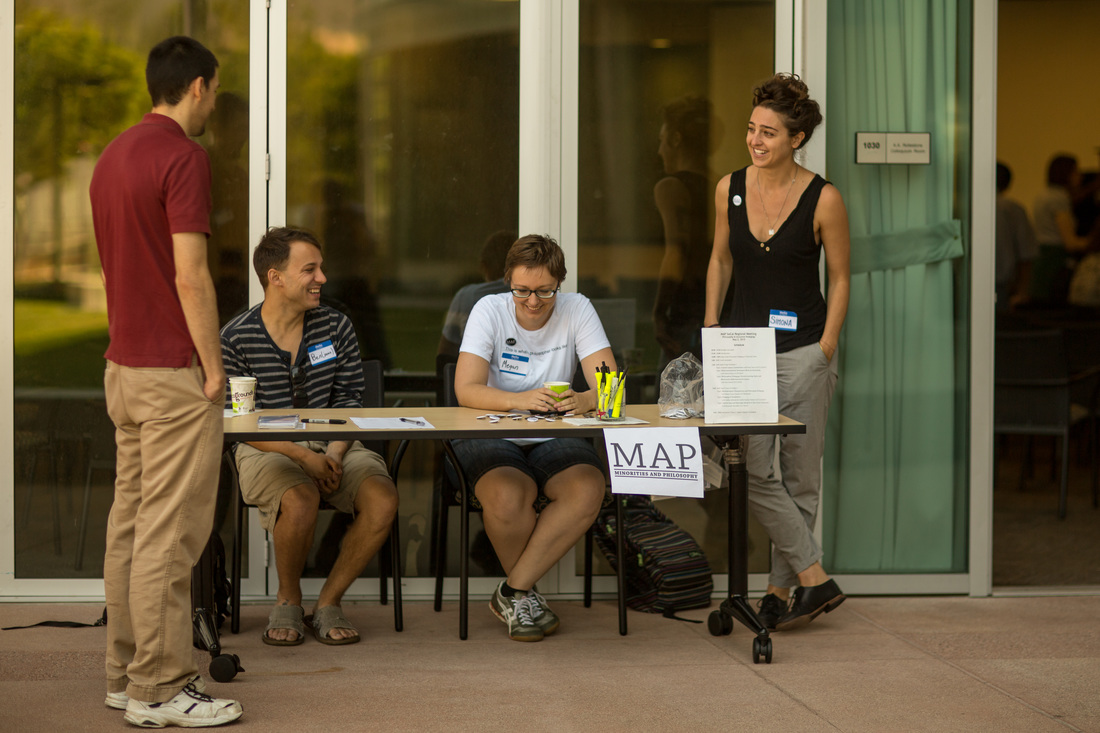
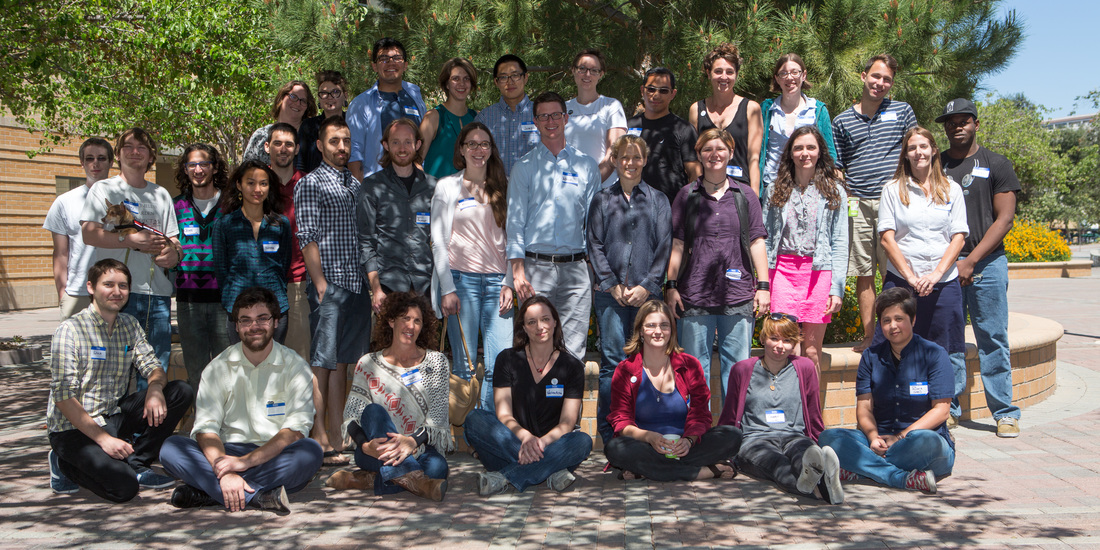
 RSS Feed
RSS Feed